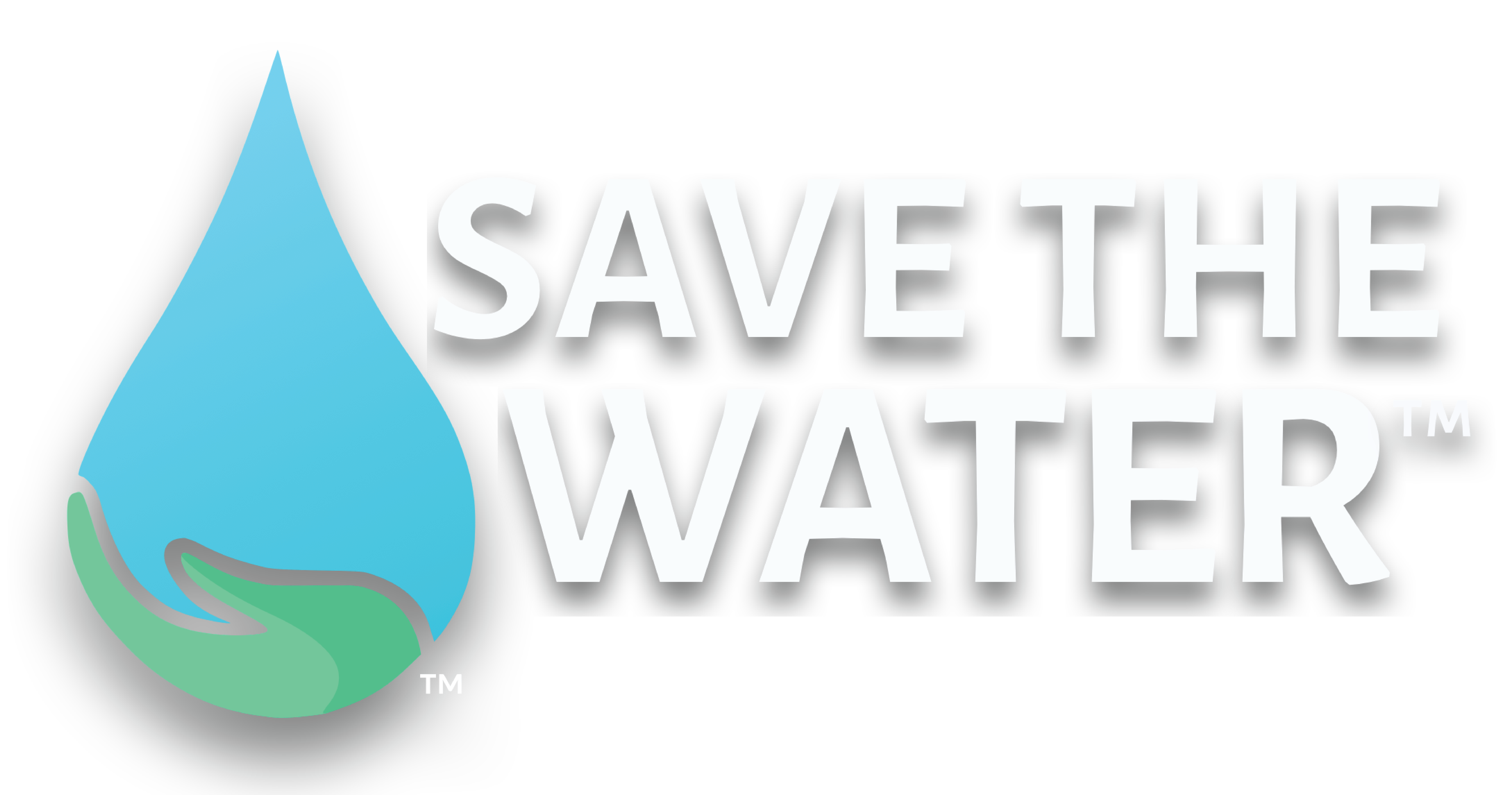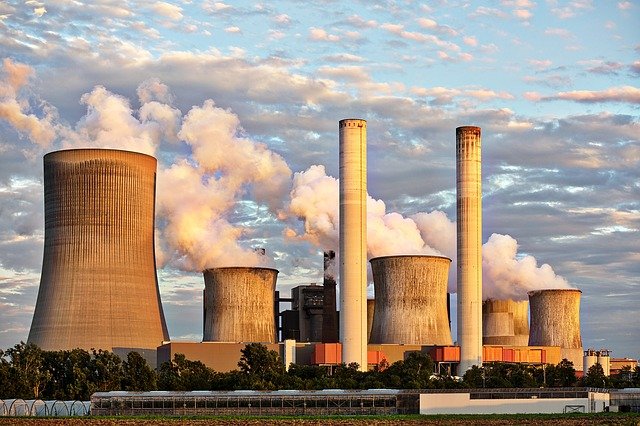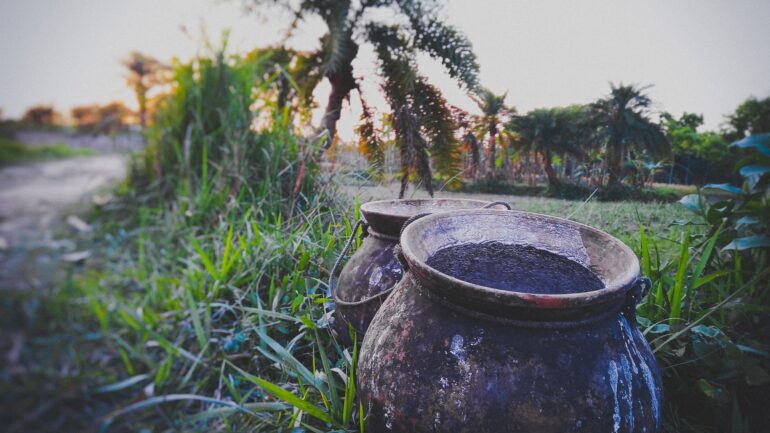By Apurva Makashir, Publishing Project Leader at Save the Water™ | April 21, 2022
Did you know that coal ash, a harmful byproduct of coal power plants, has been a threat to our water supply for a long time?
The common man isn’t aware of coal ash polluting our environment. Moreover, coal ash doesn’t just harm our environment. It also harms the water supply systems that give us regular drinking water. For example, coal ash swept from Puerto Rico to Florida back in 2020.
Regulations for Coal Ash Date Back to Years Ago
Coal ash is generally stored by power plants on site in piles or ponds. These unlined storage ponds contaminate the groundwater.
In 2015, the Obama government had put rules in place for coal power plants to limit the amount of coal ash leaking into the environment. However, the Trump administration relaxed this rule in 2020. This allowed coal power plants to use cheaper technology, which resulted in them taking longer to comply with the federal rules of environmental protection.
Enforcing Rules to Regulate Coal Ash
Recently, the United States Environmental Protection Agency (EPA) has enforced the 2015 Clean Water Rule to make water cleaner and reduce groundwater pollution. In doing so, they’ve taken important steps to hold coal power plants accountable for groundwater pollution.
These steps involve regulations for coal power plants to stop the dumping of coal ash into unobserved pits. The plants also need to reduce and clean up the pollution created by decades of coal ash disposal. As well, they include speeding up their plans to close coal ash storage ponds that are leaking or at risk of coal ash spilling.
Limiting the contact between coal ash and groundwater after the closure of coal ash ponds is important. This cuts down contaminants released into the environment. As a result, people will have access to safe drinking water.
The EPA is enforcing this rule for the first time, enacted years ago in order to crack down on coal ash spills which could lead to the shutdown of such coal power plants around the country. This also shows the agency’s commitment to minimizing groundwater pollution by putting several coal power plants on notice regarding their duty to comply with the regulations.
Addressing Extension Requests on Coal Ash Ponds
Due to the EPA taking these recent steps, some of the coal ash disposal sites of coal power plants in the U.S. need to be shut down much earlier than expected. This is because of negligence in groundwater monitoring, cleanup, and related problems. As per the EPA, the plants had previously mentioned that they might have to close if extensions weren’t granted.
The federal rules for coal power plants required most of the approximately 500 unlined coal ash ponds nationwide to stop receiving coal ash waste and begin closure by April 2021. These regulations have outlined a process for coal power plants to apply for two types of extensions to the closure deadline. The EPA has said they’ve received a total of 57 such applications. They’ll continue to review more to monitor facilities for coal ash ponds.
The agency has denied extension permit requests by three coal power plants:
- Clifty Creek Generating Station in Madison, Indiana
- James M. Gavin power plant in Cheshire, Ohio
- Ottumwa Generating Station in Ottumwa, Iowa
Former coal power plant, Greenidge Generation plant in Dresden, New York, was also denied its extension request since the plant currently operates through natural gas instead of coal.
The only exception was given to the 1.3 GW H.L. Spurlock plant in Maysville, Kentucky. The EPA has allowed it to continue the coal ash pond, on the condition that it fixes its groundwater monitoring.
These plants, under existing law, were supposed to stop placing coal ash into the ponds by April 2021.
What is Coal Ash and Why is it Harmful?
Coal ash contains toxic heavy metals like mercury, barium, cadmium, and arsenic which are harmful to wildlife and humans. Thus, coal ash is highly dangerous and needs to be managed.
Coal ash contamination went unnoticed until 2008 when a huge spillage of coal ash contaminated rivers and groundwater at the Tennessee Valley Authority coal power plant in Kingston, Tennessee. Many people are still sick and dying as a result of this. Exposure to coal ash causes nausea, vomiting, organ damage, and a variety of cancers.
Can You Reuse Coal Ash?
Yes, you can reuse coal ash to protect our environment. You can use it as binding material in concrete, roofing material, and bricks in such a way that it doesn’t escape into the surrounding ecosystem. Furthermore, Fukushima, one of the largest coal power plants, also plans to reuse coal ash in construction materials. This will contribute to environmental protection.
Recently, Mike McKay, Western Maryland House of Delegates member, has also proposed recycling coal ash in an eco-friendly way for green cement applications.





